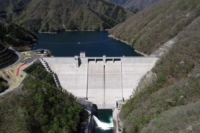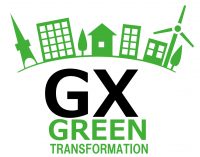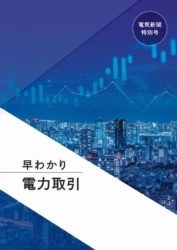The Innovation Ecosystem: A Strategic Structure: Where the physical world meshes with emerging technologies, numerous challenges confront the entrepreneurs building a new venture. Success depends on a variety of supportive stakeholders? collaborative industry partners, capital ready to place big bets, best-in-class mentoring, and seed funding crucial to bring technologies developed in the university lab to market. Let’s examine how these elements all come together in Massachusetts, by examining the roles of MassChallenge and the Massachusetts Clean Energy Center (MassCEC).
MassChallenge: Zero-Equity Support for Startups: Unlike well-known West Coast accelerators Y-Combinator and Techstars, MassChallenge, founded in the aftermath of the 2008 financial crisis, operates as a zero-equity startup accelerator. Its mission is to help high-impact, early-stage startups accelerate-to-scale. MassChallenge rewards entrepreneurs through a competition-based model, awarding equity-free cash prizes to the top-performing startups in each bootcamp.
Annually MassChallenge supports roughly 500 companies in either an early-stage accelerator or early-commercialization program in health-tech, fintech, clean-tech, resilience, sustainability, and food innovation. Since 2010, more than 4,500 startups have participated in a MassChallenge accelerator bootcamp. Since the start MassChallenge affiliated startups have collectively raised over $13 billion in capital with a 60% survival rate.
MassChallenge operates globally, with a presence in Texas and international hubs in Mexico, Switzerland, and Israel. Additionally, it runs an annual cross-exchange program with Japanese startups in partnership with JETRO.

















